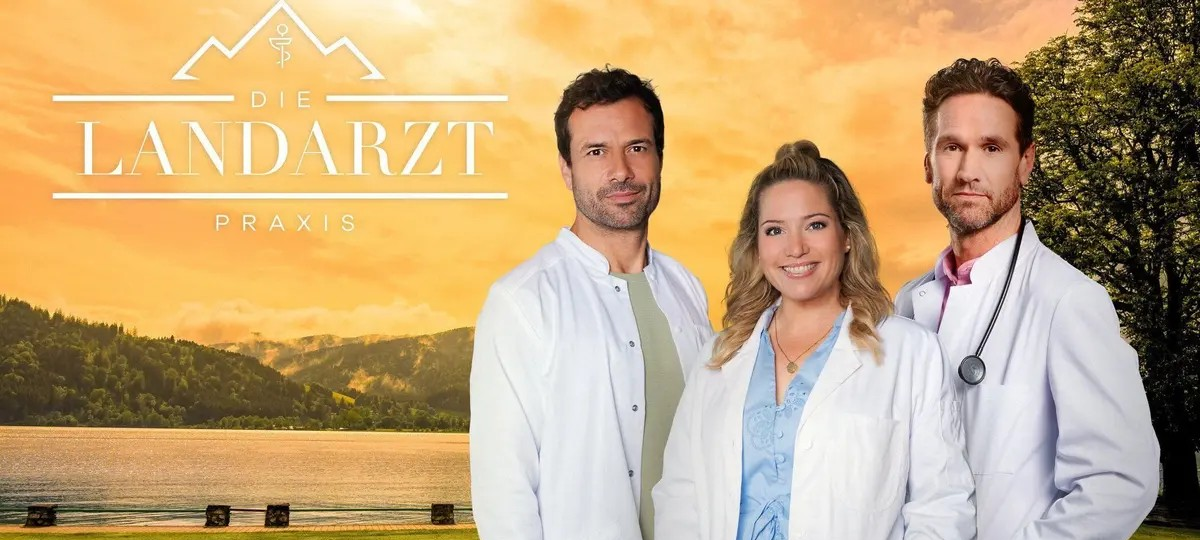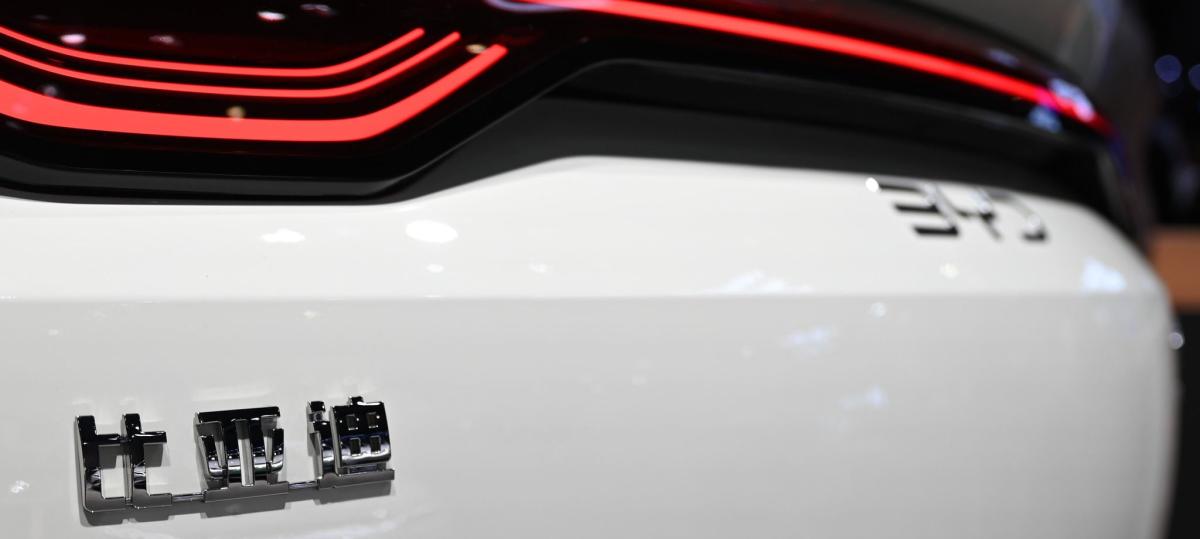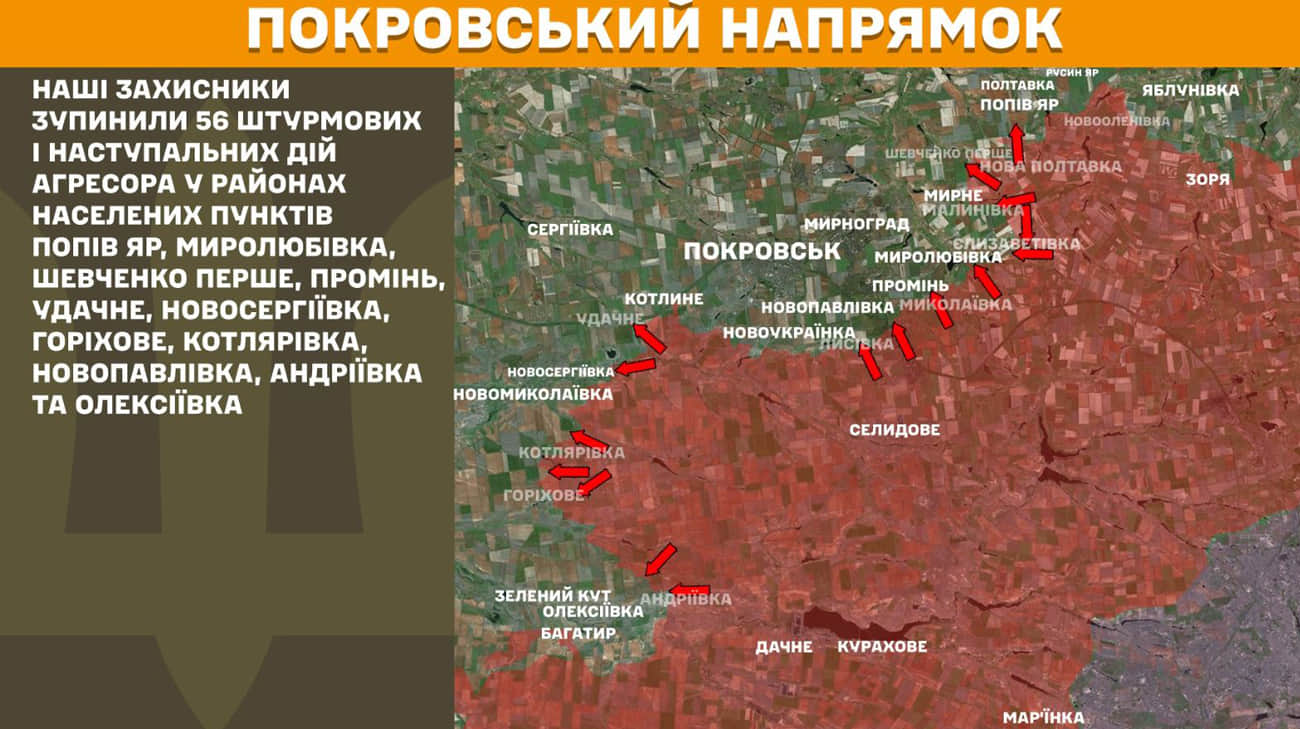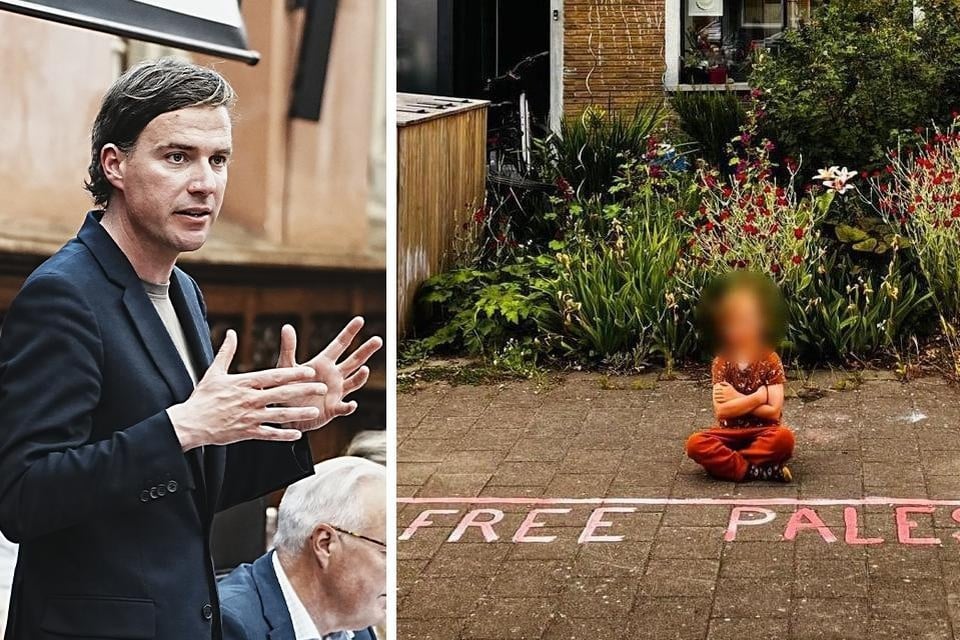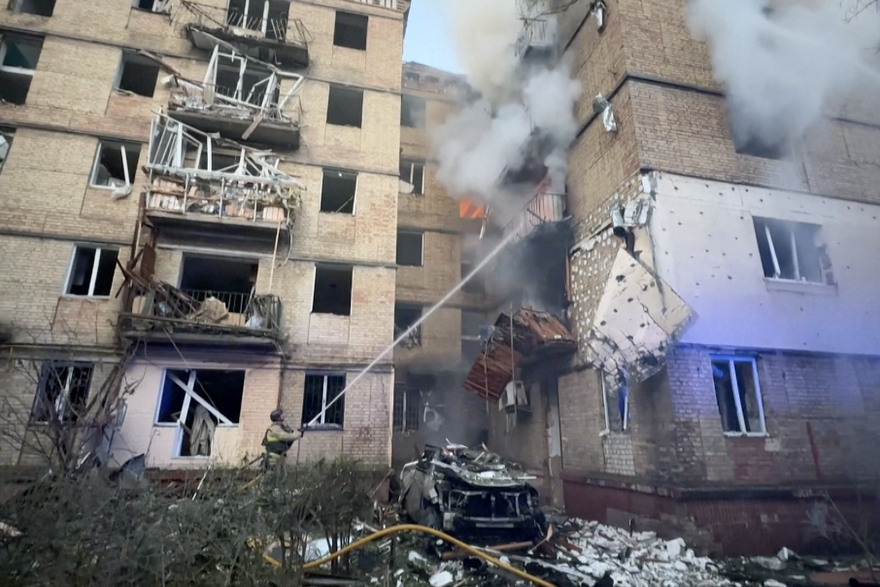« Every farm that gives up tears a piece of home with himself »
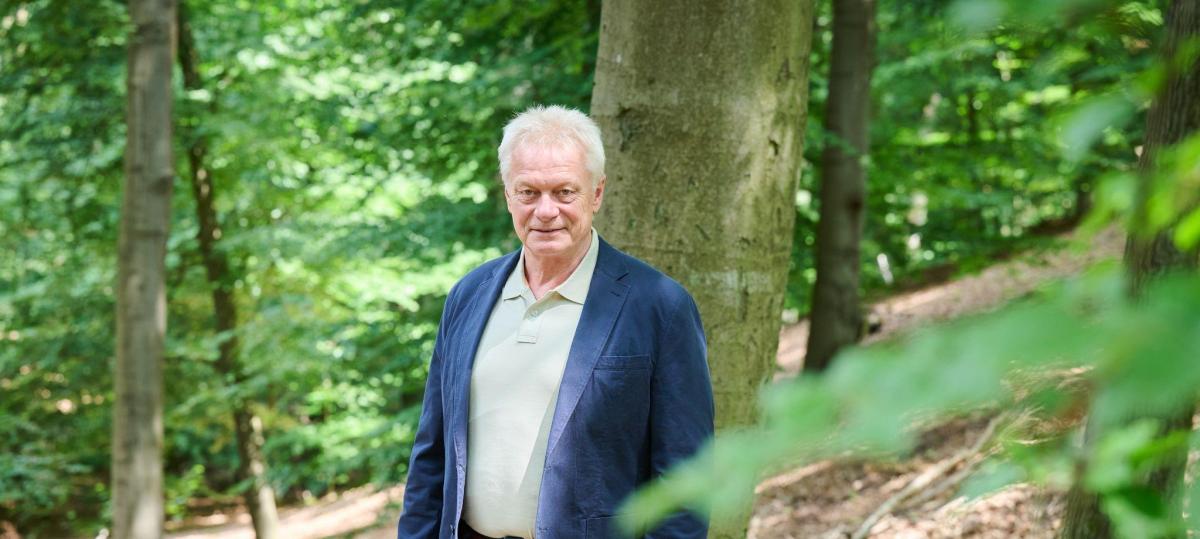
Mr. Minister, your butcher in Haibach, gave you to your son early on. When did you slaughter yourself for the last time?
Alois Rainer: That was 15 years ago. The butcher’s shop is now closed.
But you could still?
Rainer: Sure, of course.
Markus Söder Said at her imagination that the green vegetarian Özdemir is now following a black butcher. How big is this cultural shock for the Ministry?
Rainer: I go my own way. Of course I want to reorganize agricultural and nutrition policy, but in the team. I listen to many opinions, bring them together and then make decisions. So I understand policy.
But has that CSU Not a completely different understanding of agriculture than the Greens?
Rainer: I have often said that I will go a new course. Farmers are said to have more time for fields and farms instead of facing at the desk. That is why the reduction in bureaucracy is at the top of the agenda. I have set up my own staff center in my ministry. Our farmers have to get more legroom with simultaneous planning security. I also want to get a different one thing together: more trust instead of distrust and control.
Right at the beginning of their term, they made headlines because they demanded more meat in schools and daycare centers. Did the butcher speak of them or the concern that a whole generation of vegetarians and vegans are growing in Germany?
Rainer: Neither nor. I never said that either. I am concerned with a healthy, balanced diet. For me, this includes fruit, vegetables, fish, salad – and meat. But it is far from me to tell someone what to eat. That would be measured. We do not rule on the plates of the people or into their refrigerators.
Honestly: how much meat do you eat yourself?
Rainer: Probably less than many believe. Today, for example, I haven’t eaten meat or a sausage yet. If so, I like to eat good meat. But I can also do without. Pasta and salad do it too. I just try to eat healthy and balanced.
Consumers are increasingly paying attention to quality and origin in meat. At the same time, in view of the many different seals, symbols and signs of origin, one gradually loses an overview. Wouldn’t it be less here anymore?
Rainer: On the contrary, the state attitude marking creates clarity and transparency, which is why we are committed to this in the coalition agreement. But: We want to revise them in order to make them practical and align them to animal welfare. The trade has also adapted its four -stage posture marking to the five forms of the state license plate. Why should I say as Minister of Agriculture, that has to go?
In their first Bundestag speech, they announced that they are working for more animal welfare. Then why do you tip a law that wanted to ban bolds from 2030?
Rainer: There is no law that I could tip over because my predecessor’s draft law was no longer decided by the Bundestag. I can only say: We will look at the animal welfare law in which the tethering is regulated. It is not only about all -year -old ties, but also about combination management – for example in alpine pasture, where the animals are on the alpine pasture in summer and in the stable in winter. We need suitable solutions for the affected companies.
Could it be that the topic will be done by itself at some point because many small farms with old, no longer up -to -date stables give up anyway?
Rainer: The year -round connection is a discontinued model. Also because many pet owners are already investing in animal welfare stables. But it is important, especially when it comes to alpine pasture, that we find solutions. We want animals to continue to be kept in the pasture. That is tradition and nature conservation at the same time. I am confident that we will find a way in the coalition – solution -oriented and practical.
They have announced that they want to bridge the ditch between conventional and ecological agriculture. What should that look like?
Rainer: I don’t say « either or », but « both and ». We have a very good ecological agriculture – but also a strong conventional one. Both need support. Both must be relieved of bureaucracy. We must not allow one side to be played out against the other. The market must carry both systems.
Does organic meat actually taste better than conventionally produced?
Rainer: As I said, I do not participate in playing one side against the other.
Their predecessor wanted to introduce animal welfare: ten cents per kilo of meat, which then flow into grants for the conversion of stables. Why do you reject it so strictly?
Rainer: I don’t believe in higher taxes on meat. Tax flow into the federal budget and can be used for everything. Think of the sectar: it still exists, even though it was intended for the imperial navy. I want people with small incomes to afford good meat. If we artificially make meat more expensive, it drives many to cheap standards with lower standards. My way is that of funding. We have programs in the area of pig farming, I want to expand them. And we have to improve planning and approval practice – so that animal welfare stables can be built at all. I am working on generating additional money.
The farmers put great hope for them because they have promised, among other things, a reduction in the excessive agricultural bureaucracy and a reintroduction of the diesel reduction. When will farmers also feel this on their desks and on their accounts?
Rainer: At the agrardiesel we want to return to the old regulations on January 1, 2026. I will also abolish the fabric power balance sheet regulation before the summer break.
The fabric current … what?
Rainer: The fabric electricity balance sheet regulation. One could also say the double fertilization documentation regulation. She obliges farmers to document extremely detailed what they do in their fields when and where. This is highly bureaucratic and is not even challenged by the EU. So away with it -and that very soon. We need slim, practical regulations.
Hopefully it won’t be enough.
Rainer: There are already suggestions from the federal states to reduce bureaucracy, which I have given the exam again immediately after taking office. Almost every second proposal is the responsibility of my ministry. Much is already in implementation.
Can you make that a little more specific? Where exactly do you start the ax in the jungle of bureaucracy?
Rainer: Bureaucracy jungle is the right keyword. For example, there is the EU regulation for default-free supply chains. This regulation is absolutely impractical for our forestry. There is no deforestation in Germany, our National Forest Act is already very strict. If larger areas are cleared, there are other reasons: bark beetle, storm, snow bruch. And even there you need permits that are very difficult to get. I therefore want to include a “zero risk category” in the regulation. Who protects the forestmust not be discouraged by endless evidence obligations.
According to various studies, the number of farms in Germany will be more than halved by 2040 – to only 100,000. Small farms in particular give up. Can this trend still stop or is it even wanted because larger companies produce more efficiently?
Rainer: Every farm that gives up because there is no successor tears a piece of home with it. Not only a company disappears – added value and jobs are lost in rural areas, it breaks social life. Because it is often the farmer families who volunteer in the country: at the volunteer fire brigade, in the sports club or in neighborhood aid. No one can seriously want that.
Is this development to be stopped?
Rainer: We have to give people joy and perspective again at work in agriculture. I like to quote Antoine de Saint-Exupéry: If you want to build a ship, do not start looking for wood, cutting boards and distributing work, but awakening the longing for the big and beautiful sea. So I also see that: it is about arousing the joy of working with animals, nature, on food production.
So it’s not just the money?
Rainer: Exactly. The joy of self -employment, the feeling of doing something meaningful – these are things that are not achieved with funding programs alone, but with appreciation. Without our farmers, we had nothing to eat and nothing to drink. That is why we need a strong, ecological and at the same time sustainable conventional agriculture. We have good prerequisites in Germany – now it is about giving the people who work in this industry also feel that you are important. Without you we would have a serious problem.
Does agriculture still have enough offspring? Or are the classes in the agricultural schools ever empty?
Rainer: The numbers rise again. It is striking that many young people want to become a farmer even though they don’t have their own farm at home. I find that exciting. I experience this again and again at graduation celebrations: young people sit there who have no agricultural background but have chosen this profession – and sometimes even further studying, such as agriculture or ecological agricultural sciences.
As a minister of nutrition, agriculture and homeland, you must also be the rural lawyer in the cabinet. Do the fight against radio holes and the shortage of doctors in the country now fall into their area of responsibility?
Rainer: (laughs) No, definitely not. But they address things that can be crucial for whether someone is moving to the country or not. I want this decision to make it easy. This requires attractive rural regions that are worth living. The decisive factor here is the cooperation between the responsible ministries. That is why I will ensure an early exchange about these topics within the federal government. For me, home is a heart concern. I don’t want to limit the term to rural areas. I always say: home is where your heart beats. And that can beat in a Berlin district as well as in a Bavarian village.
How can you strengthen this feeling politically?
Rainer: I plan to be a lot in the country and listen to people – that is important to me. But also to convey: Our country is not as bad as it is often talked about. We live in a beautiful, diverse country – from the Baltic Sea to Lake Constance, from the Polish border to Saarland. Each region has its own chances. Our competition « Our village has a future » makes exactly these positive sides and developments visible and honors the so important civic engagement. I want to promote such formats more again.


